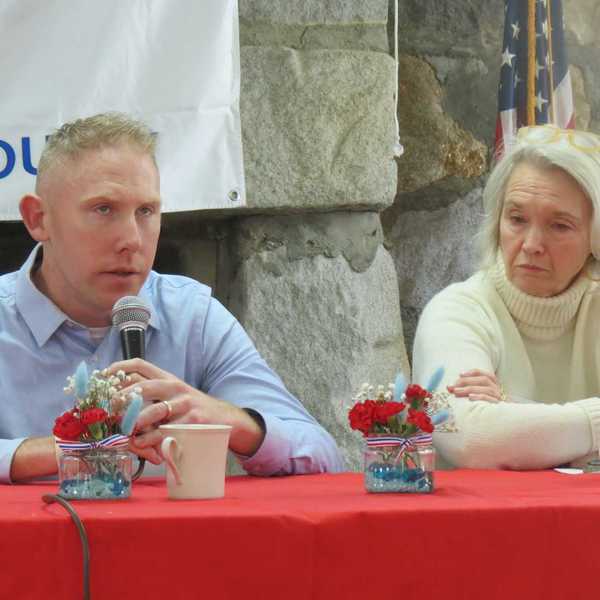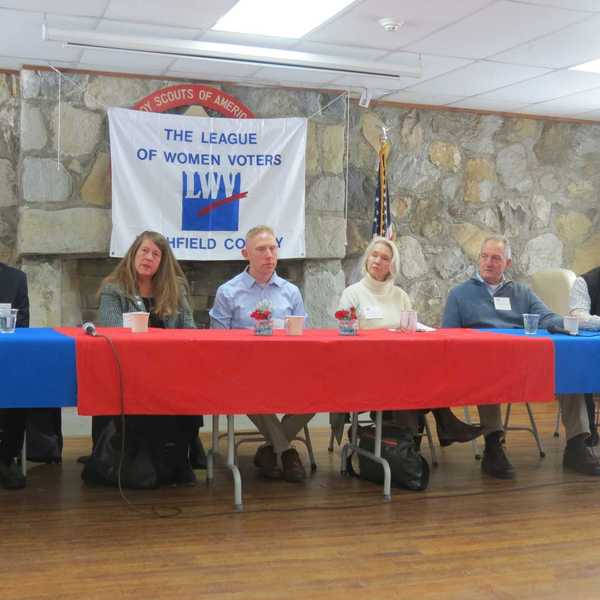From farm to table with NWCT's Food Hub
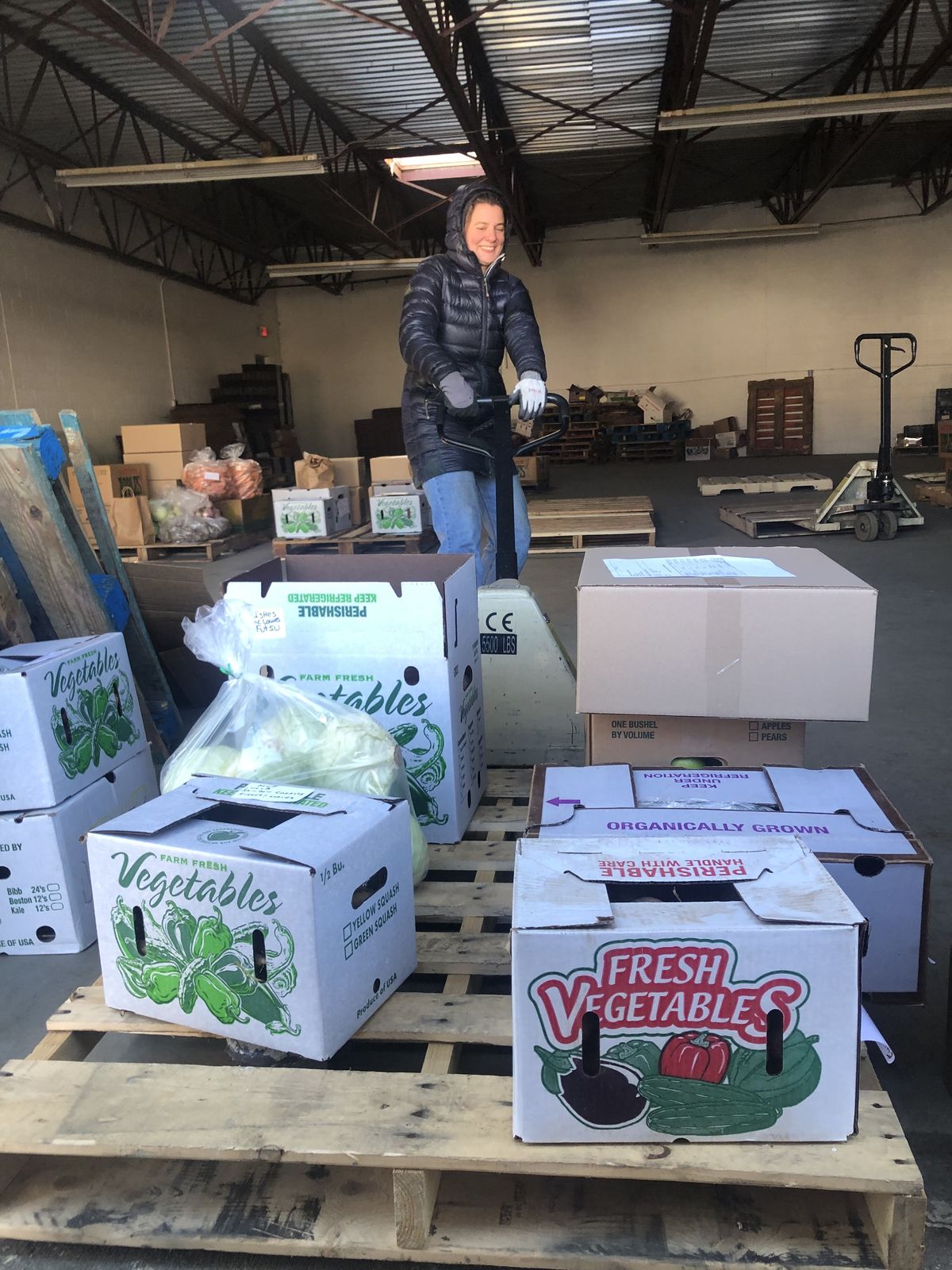
Northwest Connecticut Food Hub director Renee Giroux moving a pallet of regionally grown produce dropped off by farmers, aggregated, and prepared for outgoing delivery to food access organizations.
Photo by Janna Siller
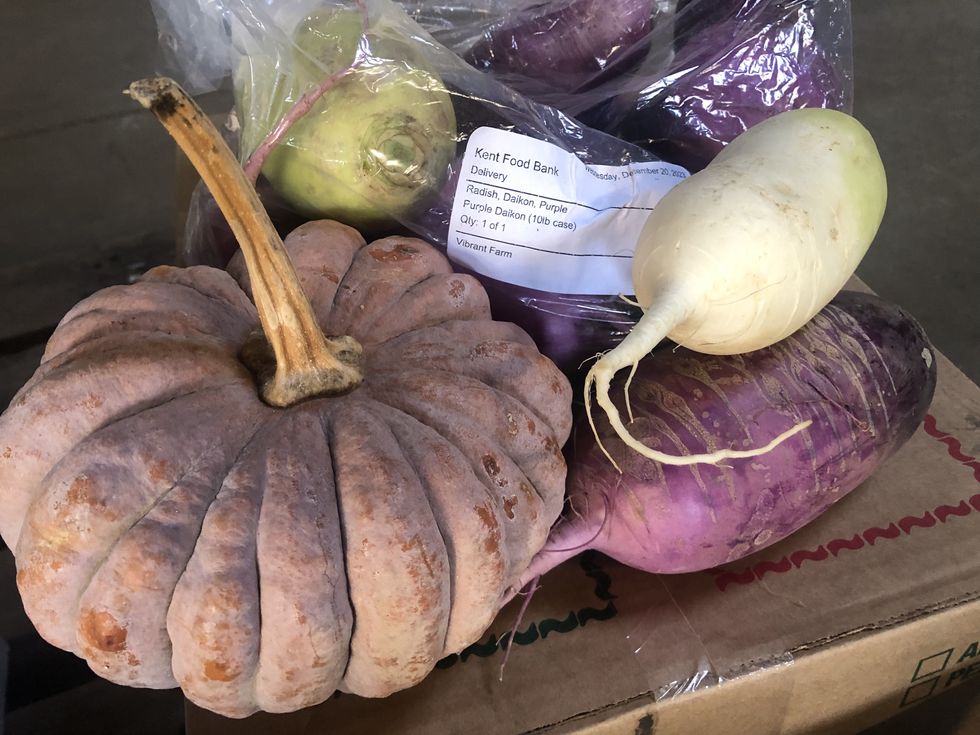
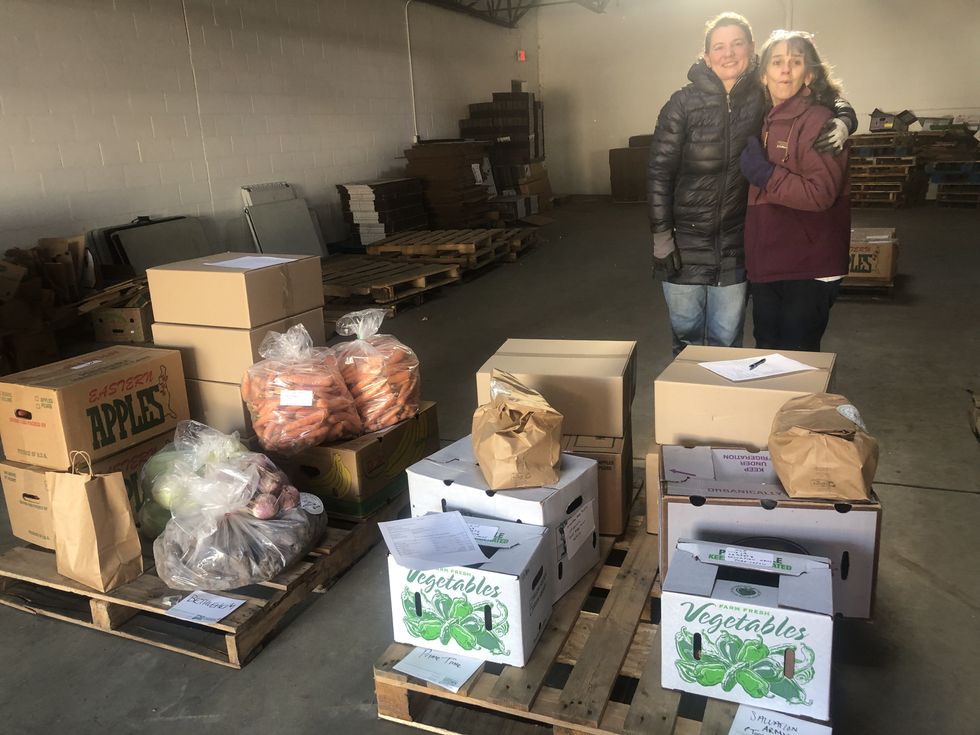
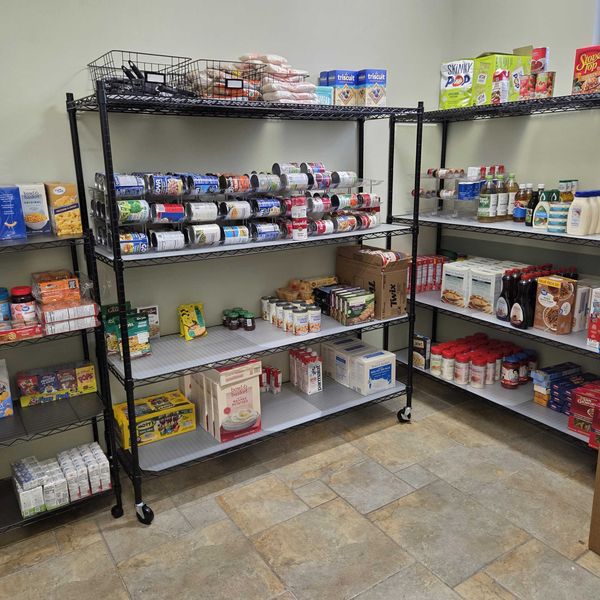
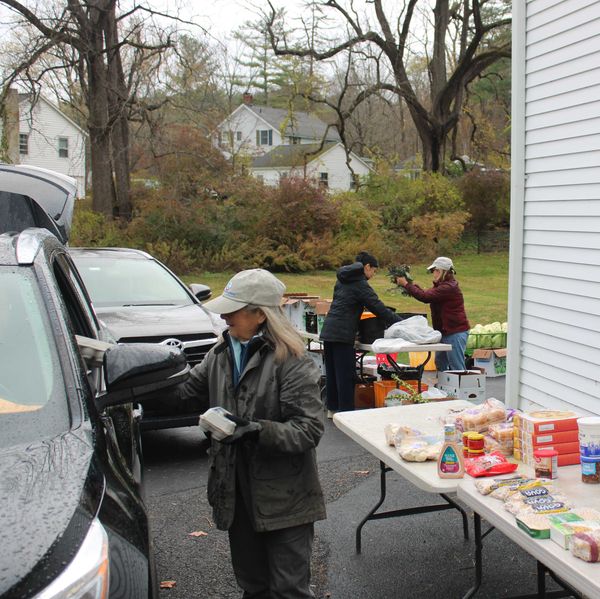

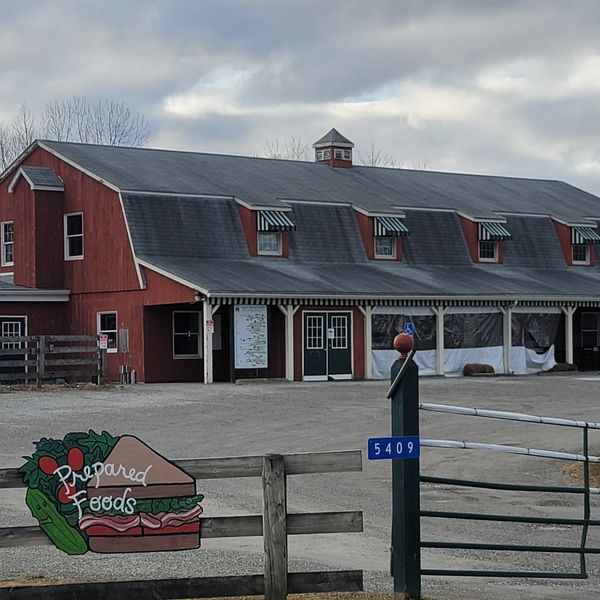

 Pelenakeke Brown’s “Reverb” (detail) at Mass MoCA. D.H. Callahan
Pelenakeke Brown’s “Reverb” (detail) at Mass MoCA. D.H. Callahan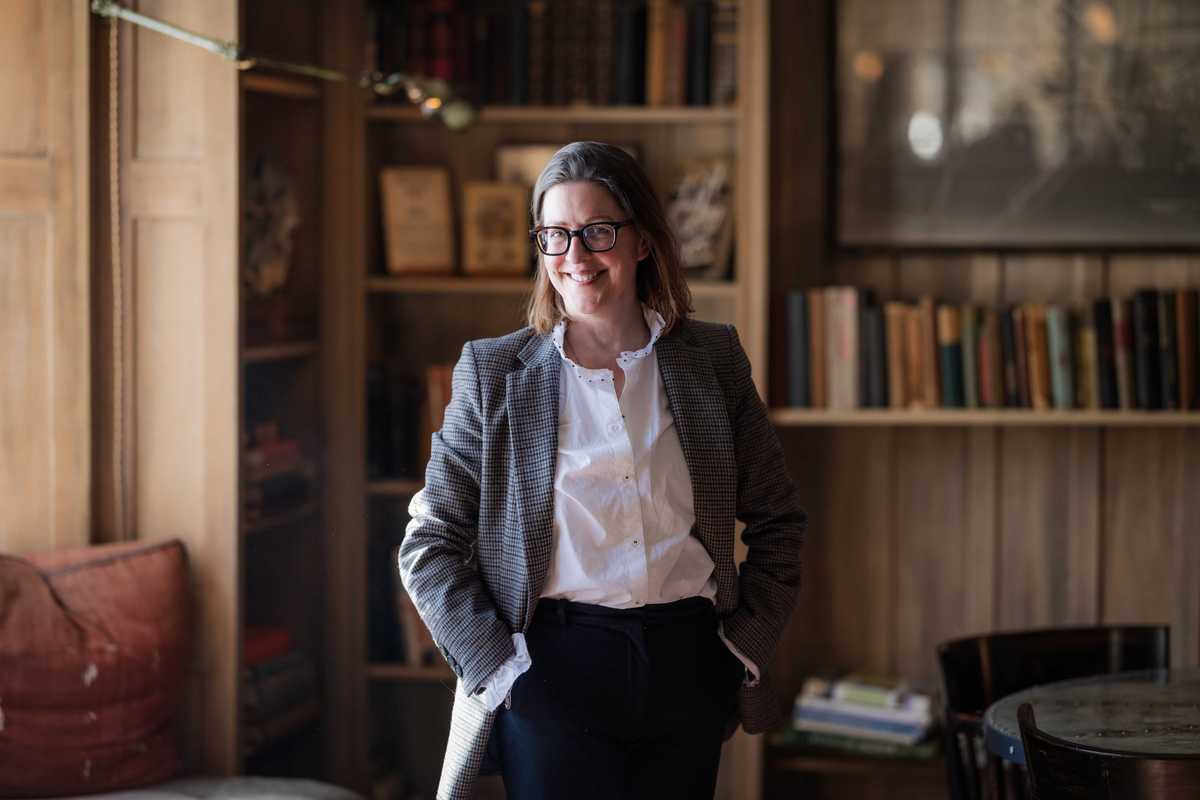



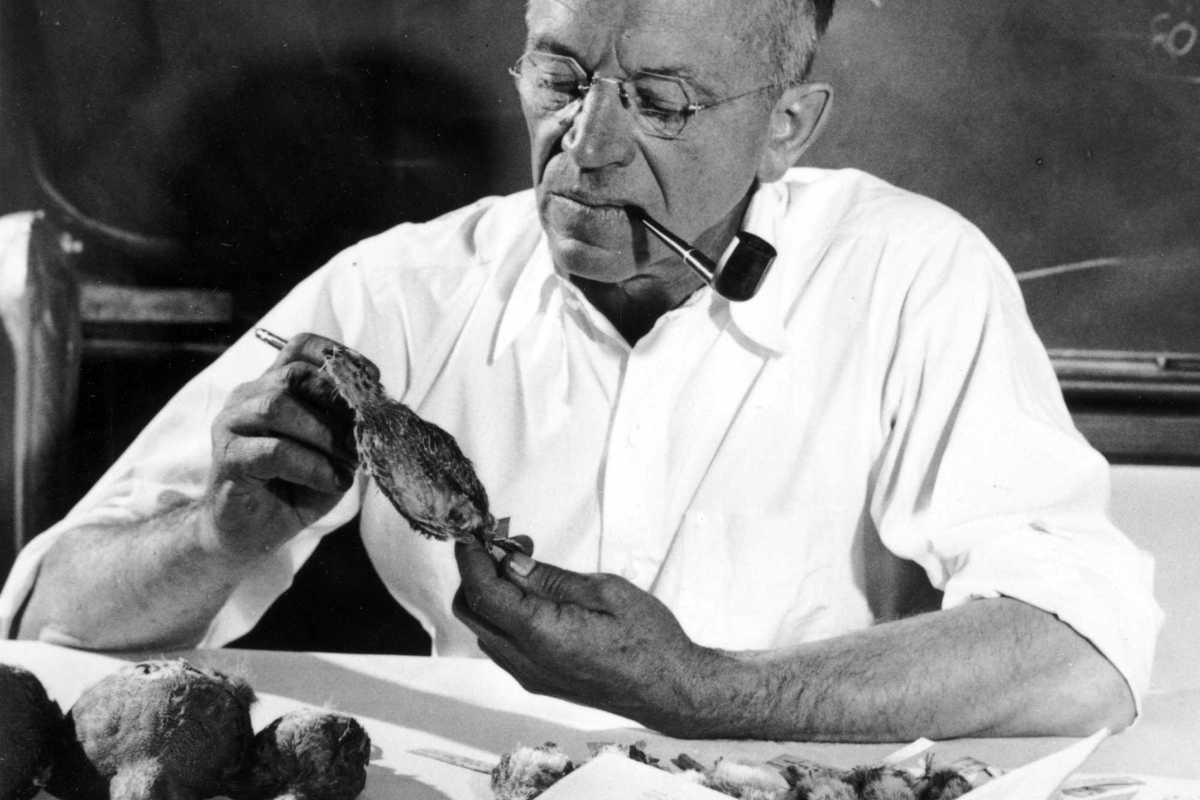

 Young dancers surveyed the scene at Club Friendly, a community dance at Village Hall on Friday, Feb. 27.Leila Hawken
Young dancers surveyed the scene at Club Friendly, a community dance at Village Hall on Friday, Feb. 27.Leila Hawken


